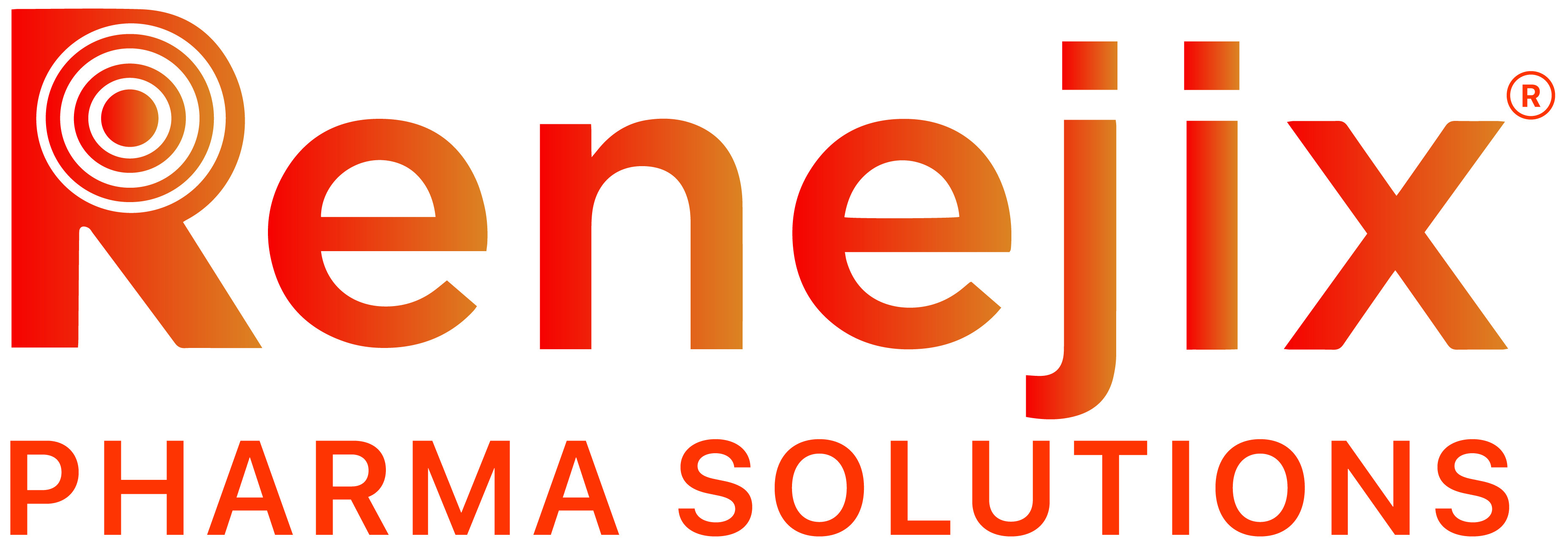
Drugs will not work in patients who cannot or do not take them. Non- adherence to prescribed medication regimens is a major health issue and costs the health care system between $100 billion and $300 billion annually. Difficulty swallowing tablets and capsules (dysphagia), is one of the major factors affecting medication adherence and proper medication administration. It is estimated that more than 16 million people in the U.S. have some degree of dysphagia. Many patients do not discuss this issue with their doctors; instead they opt to skip doses or manipulate their medication (by crushing or splitting tablets or by opening capsules). Many modified release formulations lose their desired therapeutic profile when the dosage form is manipulated; thus, resulting in ineffective therapy.
Although the industry has acknowledged the value of putting the needs of the patient at the forefront of drug product design, the reality is that their insights tend to be incorporated late in the clinical program, if at all. By using a structured toolbox approach for incorporating the patient’s voice, organizations can establish a patient-friendly target product profile that includes recognizes factors such as ease of administration, food effects, and dosing frequency. Incorporating patient-focused dose design principles early in the development process could help developers avoid the need for expensive changes later. This approach can improve regimen adherence and reduce the number of patients dropping out of clinical trials.
Despite these advantages of incorporating the patients’ voices, developers face steep challenges with designing drug products with optimal swallowability profiles, especially in certain populations such as those who fall in the pediatric or geriatric category.

Companies may lack the internal expertise, technologies, or resources to incorporate patient factors that help patients adhere to their dosing regimen at an early enough stage. In a survey, nearly 70% of companies looked for external assistance with pediatric dosage form design.
Particularly in the past decade, industry and regulatory stakeholders are rising to the challenge to identify specific dose design flaws and gain insights into how to design drug products that improve patient acceptance and adherence. The FDA held a series of meeting under the banner of the “The Voice of the Patient.” These disease-specific meetings were aimed to gather patients’ views on their diseases and the therapies available to them.
THE PEDIATRIC CHALLENGE
Studies have shown that compliance rates in children are as low, one suggesting as low as 12%. Children between the ages of two and six years can ingest chewable tablets, soft shell capsules, orally disintegrating tablets (ODTs), and fast-dissolving films and granules- ODTs are a relatively popular dosage form to address swallowability and administration challenges in pediatric patients. Recent innovations in ODTs, – include the masking of any unpleasant taste and smell, and achieving longer duration to counter frequent dosing due to slower release. One study noted that patients prefer an ODT formulation over a conventional tablet, with more the 75% of a sample group indicating that they found the ODT formulation easier to take than a conventional tablet. Specifically, Renejix’s ODT is one breakthrough technology that has put patients’ needs front and center. It disperses almost instantly in the mouth, with no water needed. The superior dispersion speed of a sub-lingual formulation is suitable for children because of the ease of administration.

Renejix provides a packaging solution for a wide range of powder, granule, liquid and gel formulations. Caregivers commonly lack the confidence or to accurately measure and administer liquid medications to children. There are many studies that demonstrate that measuring devices are rarely dispensed with medicines, and that there is a wide variance in the precision of liquid dose measuring techniques. In addition, Renejix offers the stick packs, which provide a convenient packaging solution with pre-measured dosages and easy administration.
Drug makers have a daunting task creating medicines, from R&D to developing a marketing plan. However, it is essential that they obtain the patients’ perspectives early in the development process. It also is crucial to keep in mind that certain patient populations require additional consideration. Renejix stands ready to help drug makers with this process.
ABOUT RENEJIX
Renejix is the leading global provider of advanced oral delivery technologies and development solutions for pharmaceuticals and consumer health products. With staff having over 30+ years serving the industry, Renejix has proven expertise in bringing more customer products to market faster, enhancing product performance and ensuring reliable clinical and commercial product supply.







